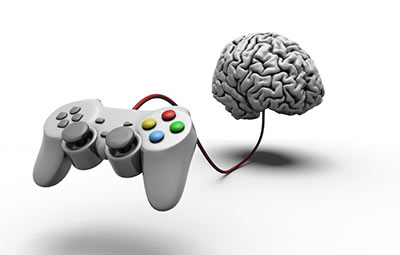
Translation:


This Section provides access to an Online database of:
• The best educational Videogames and mobile apps available on the market
• The most suitable Videogames and Apps that, even if not specifically designed for educational purpose, can be used as teaching or learning tools with students
Videogames and apps are categorized, analyzed and assessed in order to provide the teachers with all the necessary information and hints to make full use of the Videogames and Apps in teaching contexts.
Partners' Institution
Kaunas University of Technology
Author
Neringa Kelpšaitė
APPS/VIDEOGAMES
Use in Educational contexts
Skills and competences
0 Comments